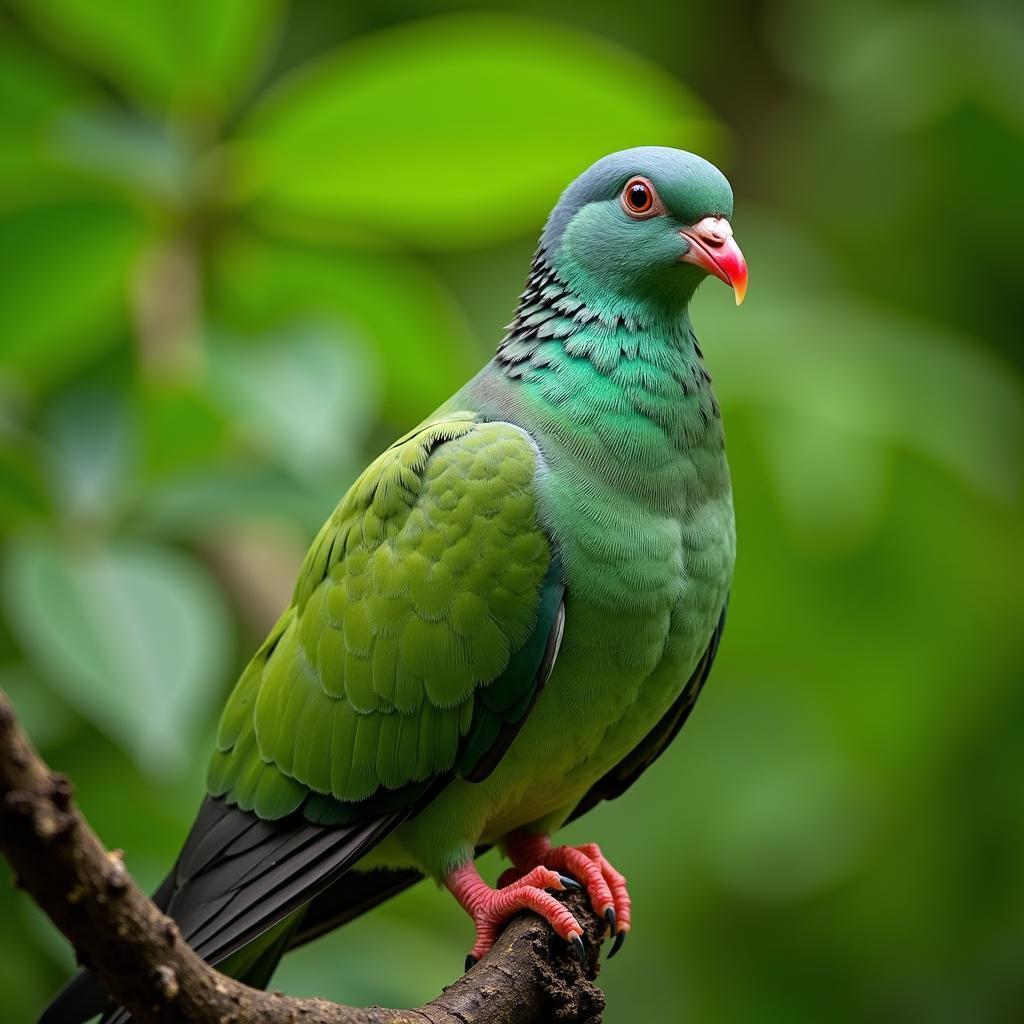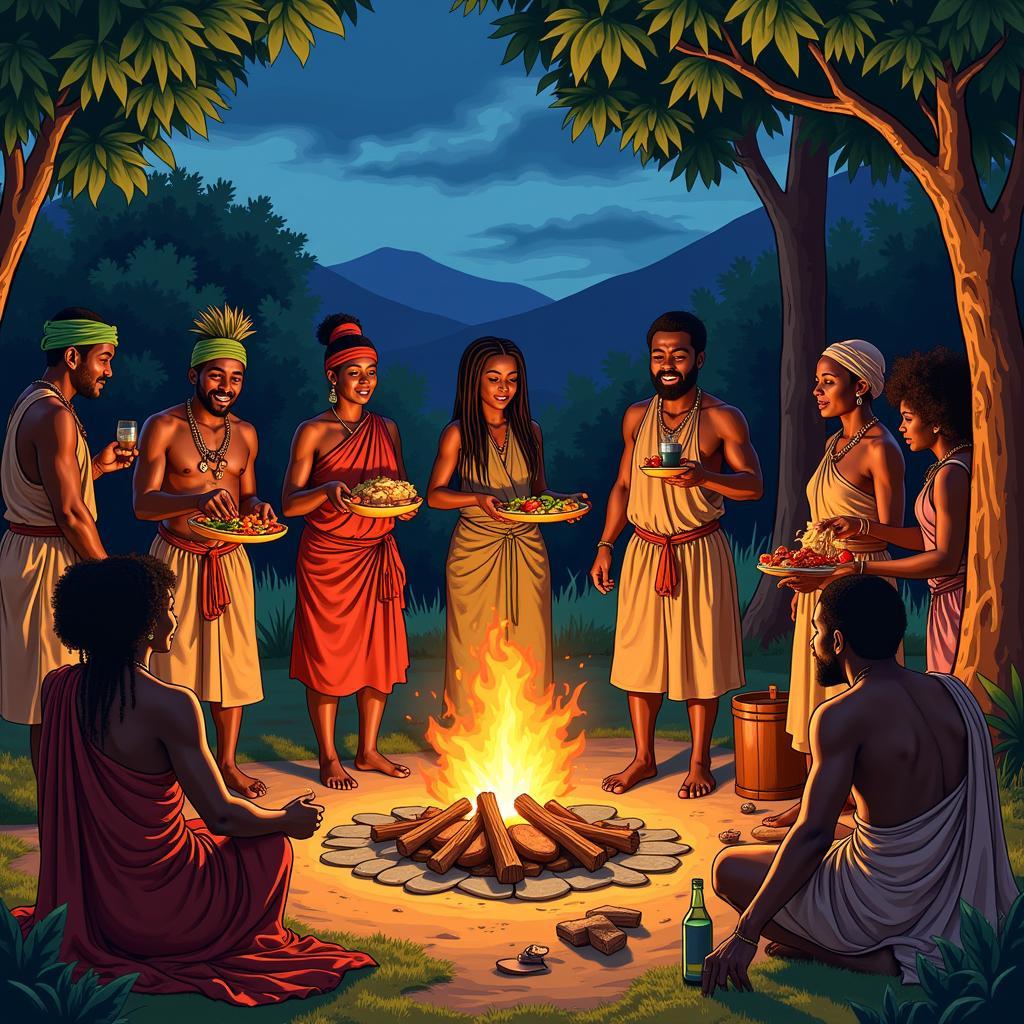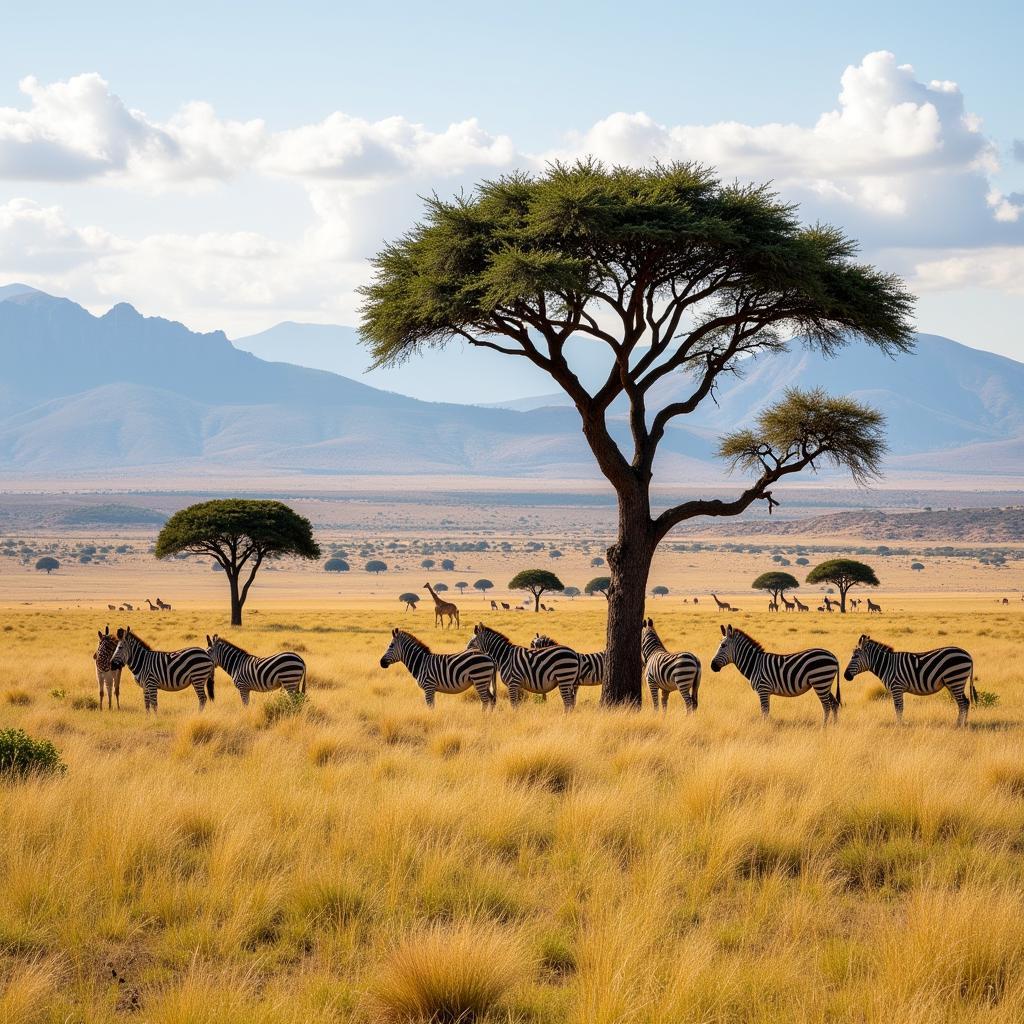The Enchanting World of African Banjo Music
The rhythmic twang of the banjo instantly conjures images of Appalachian folk music, but did you know this instrument traces its roots back to Africa? African Banjo Music, rich in history and cultural significance, tells a fascinating story of adaptation and resilience, adding a vibrant thread to the tapestry of global music.
A Journey Across Continents: The Origins of the Banjo
The banjo’s journey began centuries ago in West Africa. While its exact origins are debated, historians widely acknowledge instruments like the ngoni, xamba, and akonting as the banjo’s ancestors. These instruments, crafted from gourds and animal skin with stringed necks, served as crucial components in traditional music across various West African cultures.
 Early African String Instruments: The ngoni, xamba, and akonting.
Early African String Instruments: The ngoni, xamba, and akonting.
During the transatlantic slave trade, these instruments arrived on American shores with enslaved Africans. They were adapted and transformed, incorporating European musical influences, eventually evolving into the banjo we know today.
African Banjo Music: A Fusion of Cultures
While the banjo became a prominent symbol of American folk music, particularly in the development of bluegrass, its African roots remained evident in the playing styles and rhythmic structures.
The Enduring Rhythms of Africa
African banjo music pulsates with the complex rhythms and call-and-response patterns characteristic of traditional West African music. The percussive nature of banjo playing, often incorporating slapping and strumming techniques, echoes the rhythmic complexity found in genres like Jùjú and Highlife.
A Voice of Resilience
Beyond its musicality, the banjo served as a powerful tool for enslaved Africans. It provided solace, a connection to their heritage, and a means of cultural preservation. Through music, stories were shared, traditions were passed down, and a sense of community was forged amidst unimaginable hardship.
 African American Banjo Player, 19th Century
African American Banjo Player, 19th Century
The Banjo’s Legacy: Bridging Continents and Cultures
The banjo’s journey from Africa to the Americas and its subsequent evolution speak volumes about the power of music to transcend borders and connect cultures. Its story reminds us of the enduring influence of African musical traditions on global music and the resilience of a culture carried across oceans.
Exploring the Connections
Today, musicians and scholars continue to explore the deep connections between African and American banjo music. Contemporary artists are blending traditional African rhythms and melodies with modern banjo styles, creating a vibrant and evolving musical dialogue.
Celebrating Cultural Heritage
Understanding the African roots of the banjo enriches our appreciation for the instrument’s versatility and cultural significance. It encourages us to delve deeper into the diverse musical landscapes of Africa and recognize the profound impact of African culture on music around the world.
Conclusion
African banjo music represents a vibrant tapestry woven from threads of history, resilience, and cultural exchange. From the ngoni to the modern banjo, the instrument’s journey serves as a testament to the enduring power of music to connect generations and bridge continents. By exploring its origins, we gain a deeper understanding not only of a musical instrument but also of the rich cultural legacy it carries.
FAQs about African Banjo Music
1. What is the significance of the banjo in African American history?
The banjo played a vital role in African American communities, serving as a source of comfort, cultural preservation, and a means of storytelling during a time of immense hardship.
2. Are there any contemporary African banjo players?
Yes, many contemporary artists are exploring and blending traditional African music with modern banjo styles, keeping the legacy of African banjo music alive.
3. What are some other African instruments that influenced American music?
Instruments like the African American musical instruments, the kora, and the balafon have also had a significant impact on the development of American musical genres, particularly in jazz and blues.
 Modern African Banjo Performance
Modern African Banjo Performance
4. Where can I learn more about the history of African music?
Numerous resources, including books, documentaries, and online platforms, are dedicated to exploring the rich history and diversity of African music.
5. How has African banjo music evolved over time?
From its origins in West Africa to its adaptation in the Americas, banjo music has continuously evolved, incorporating new influences and inspiring diverse musical styles.
Explore More about African Culture
To learn more about the fascinating connections between African and American cultures, check out our articles on African and Native American relations and the African influence on Caribbean music. And for a comprehensive resource on African geography, our African country capital list is a valuable tool.
Need assistance or have more questions? Our dedicated team is here to help 24/7. Contact us at +255768904061, email us at kaka.mag@gmail.com, or visit us at Mbarali DC Mawindi, Kangaga, Tanzania.



